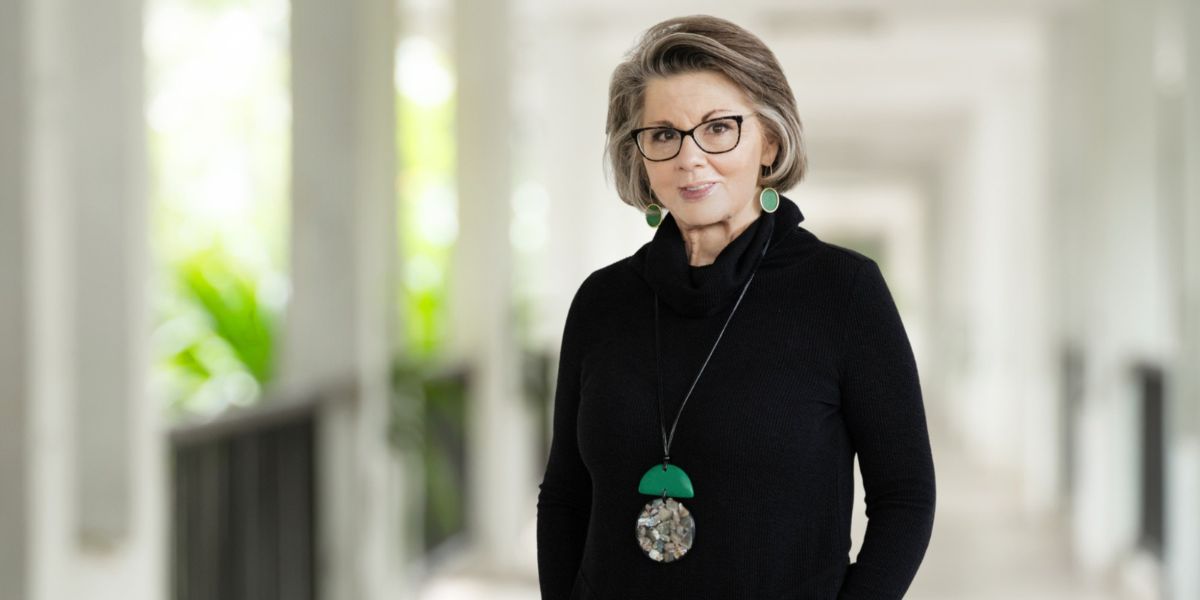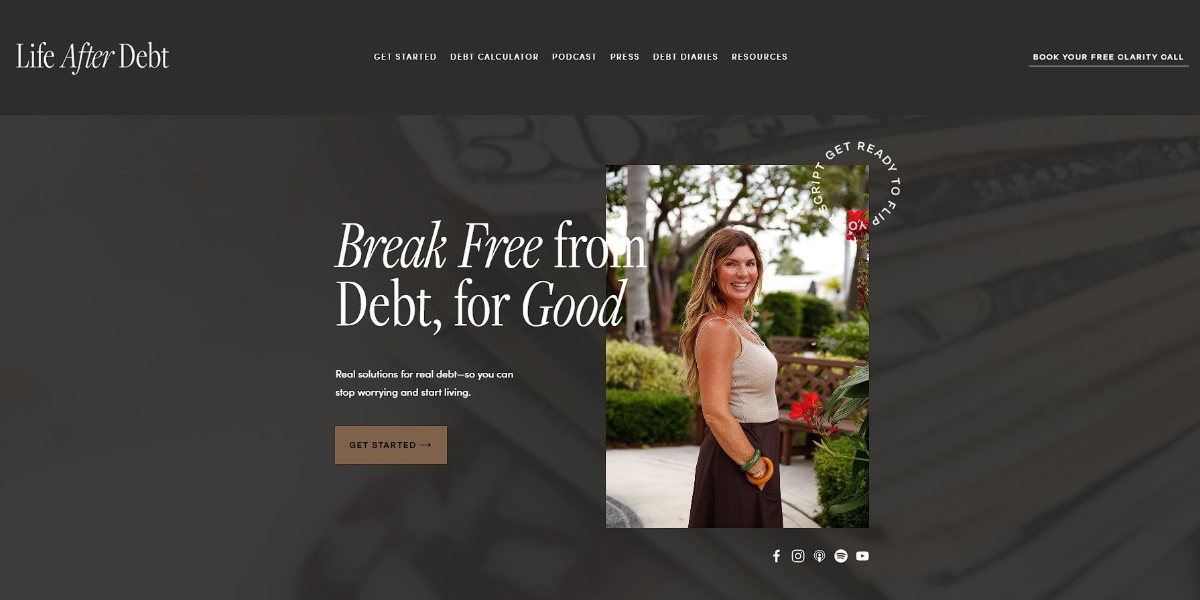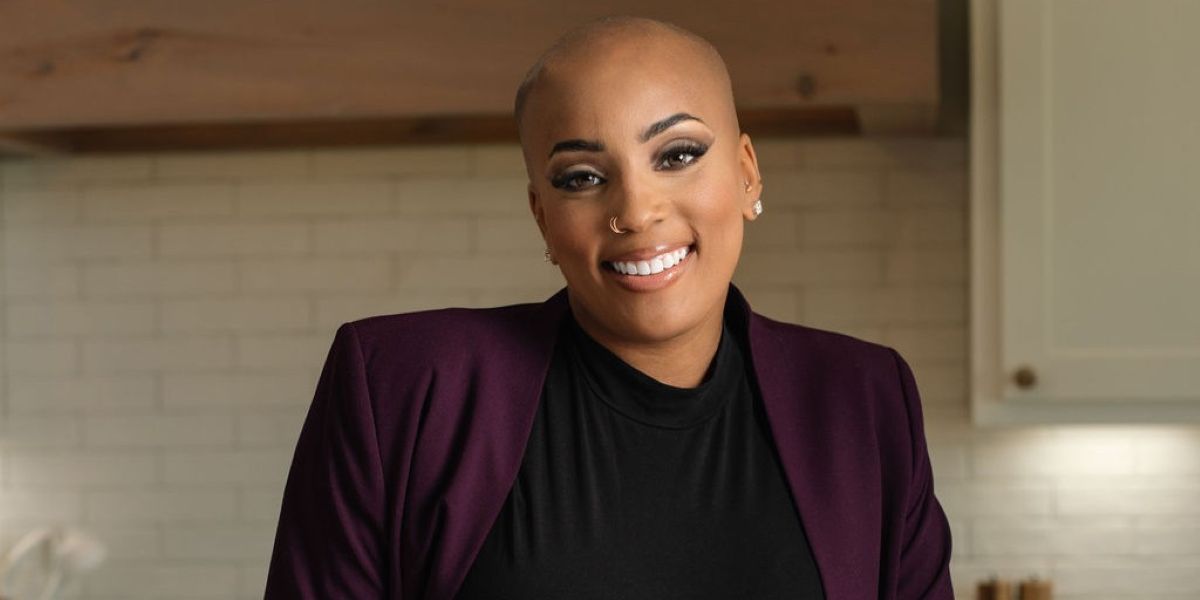By: SEO Mavens
Bio:
Chana Chiesa is a proud graduate of California State University, Long Beach, where she earned her Bachelor’s degree in Human Development, graduating magna cum laude. Her journey has been defined by a deep passion for understanding human growth and applying this knowledge to make a positive impact on society. She’s been honored with the Alice Hurst “Visionary” Award for her leadership, compassion, and academic excellence. Her work spans research and community service, including significant projects like the Iranian Street Kids Resilience Project and leadership roles in the WECAN Coalition and the Children’s Needs Task Force. Chana is committed to using her skills to foster resilience and well-being in children and communities, embodying the values of empathy, determination, and service.
How has your work in Human Development influenced your perspective on resilience, especially in vulnerable populations?
My work in Human Development has profoundly shaped my understanding of resilience, particularly among vulnerable populations. Resilience isn’t just about bouncing back; it’s about adapting, growing, and finding strength in the face of adversity. Through projects like the Iranian Street Kids Resilience Project, I’ve seen how children facing extreme challenges develop coping mechanisms that are both remarkable and instructive. These experiences have reinforced my belief that resilience is a skill that can be nurtured, not just an innate trait. It has motivated me to design programs that not only address immediate needs but also empower individuals to build long-term resilience.
What role does empathy play in your approach to community service, and how do you cultivate it?
Empathy is the cornerstone of my approach to community service. It’s what allows me to connect with individuals on a deeper level and understand their unique challenges and needs. Cultivating empathy starts with active listening—truly hearing the stories and experiences of those I serve. It also involves self-reflection, ensuring that I approach each situation without judgment and with an open heart. I make it a point to immerse myself in the communities I work with, which helps me gain a better perspective and develop more effective, compassionate interventions. Empathy drives me to not only help but also to advocate for systemic changes that address the root causes of the issues we tackle.
Can you share a specific moment when your academic research directly influenced a community service initiative?
A specific moment that stands out was when I applied my research findings from the Iranian Street Kids Resilience Project to a local initiative with the Children’s Needs Task Force in Huntington Beach. We were working on a program for at-risk youth, and I realized that the resilience factors we identified in the street kids could be adapted to support our local population. By integrating these insights, we developed a program that focused not just on immediate relief but on building long-term coping strategies for these youths. This experience underscored the importance of bridging research and practice and reaffirmed my commitment to applying academic insights to real-world challenges.
How do you approach leadership in your community work, and what have you learned about yourself as a leader?
Leadership, to me, is about service and collaboration. I approach it with the mindset that my role is to facilitate and empower others, whether that’s within my team or in the broader community. I’ve learned that effective leadership requires humility and the willingness to listen and learn from others. Through my roles in the WECAN Coalition and the Children’s Needs Task Force, I’ve come to appreciate the importance of adaptability and resilience in leadership. I’ve also learned that true leadership isn’t about having all the answers; it’s about creating an environment where diverse perspectives can come together to find the ideal solutions.
What keeps you grounded and motivated when facing the inevitable challenges in your work?
What keeps me grounded is the knowledge that the work we do has a real, tangible impact on people’s lives. Seeing the positive changes in the children and families we serve is incredibly motivating. I also find strength in the relationships I’ve built with colleagues, mentors, and community members who share my passion for this work. Practicing mindfulness and taking time for self-care are also crucial for maintaining my well-being and staying focused on the bigger picture. Challenges are inevitable, but they also present opportunities for growth, both personally and professionally.
What advice would you give to someone interested in combining research and community service in their career?
My advice would be to stay curious and committed to both learning and doing. It’s essential to keep your academic rigor while also being deeply engaged in the communities you want to serve. The synergy between research and community service can lead to powerful, evidence-based interventions that make a real difference. Build strong relationships with mentors and peers who can guide you, and don’t be afraid to step outside of your comfort zone. Finally, always remember that the goal is to create positive change—let that mission guide your decisions and actions.
Published By: Aize Perez










